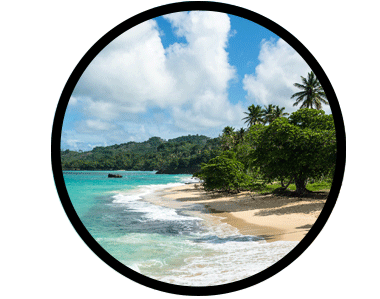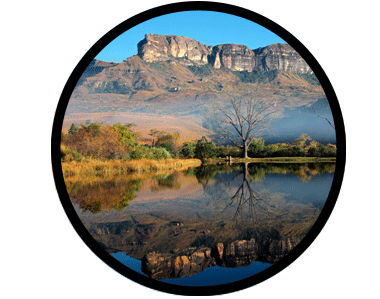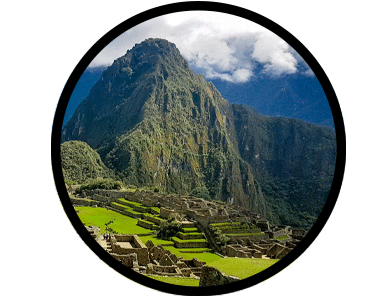



PERSPECTIVES
The interests of participant countries are advanced by the project as they develop their own visions of a flourishing society compatible with a rise in temperature no greater than 2 – 1.5 °C degrees by 2050 would look like, and what would be needed to get there. Through this process of vision and learning by doing, the participant countries will also have opportunities to interact with each other to benefit from the emergent themes and ideas from all others.
The South African project team has chosen to focus on just transition issues. The team will explore ways to transition from historically high emissions to low emissions, concentrating on resilient and inclusive development. In order for it to be “just”, the transition must leave no one behind. Other topics include developing skills and learning to advance low-emission, resilient societies, as well as using hydrogen and other cutting-edge solutions.
Similarly, in Mexico, the role of emission pricing and fiscal trajectories in transitioning to a low-emission economy has emerged, as well as a focus on exploring how to compensate those who will lose out. There will also be an emphasis on the institutional aspects of these transitions and visions, including the role of central and local governments, as well as decentralised governance around natural resources, where states act as additional actors.
In the Dominican Republic, a focus on circular economies and synergies between adaptation and mitigation is emerging as a central theme. Furthermore, developments and recent laws passed on these topics have been derived from previous work advanced by the Dominican Republic and Energeia.
In Lebanon, the emphasis will be around reconstruction and recovery and how this is linked with climate. In this vein, current efforts by the Lebanese government to reorient investment towards climate and climate-proof development will be explored.
In Latin America, institutional alignment and low-emission, climate-resilient strategies have surfaced. These are informed by visions that enhance circular approaches and sustainable prosperity, as well as nature-based and nature-inspired solutions.





